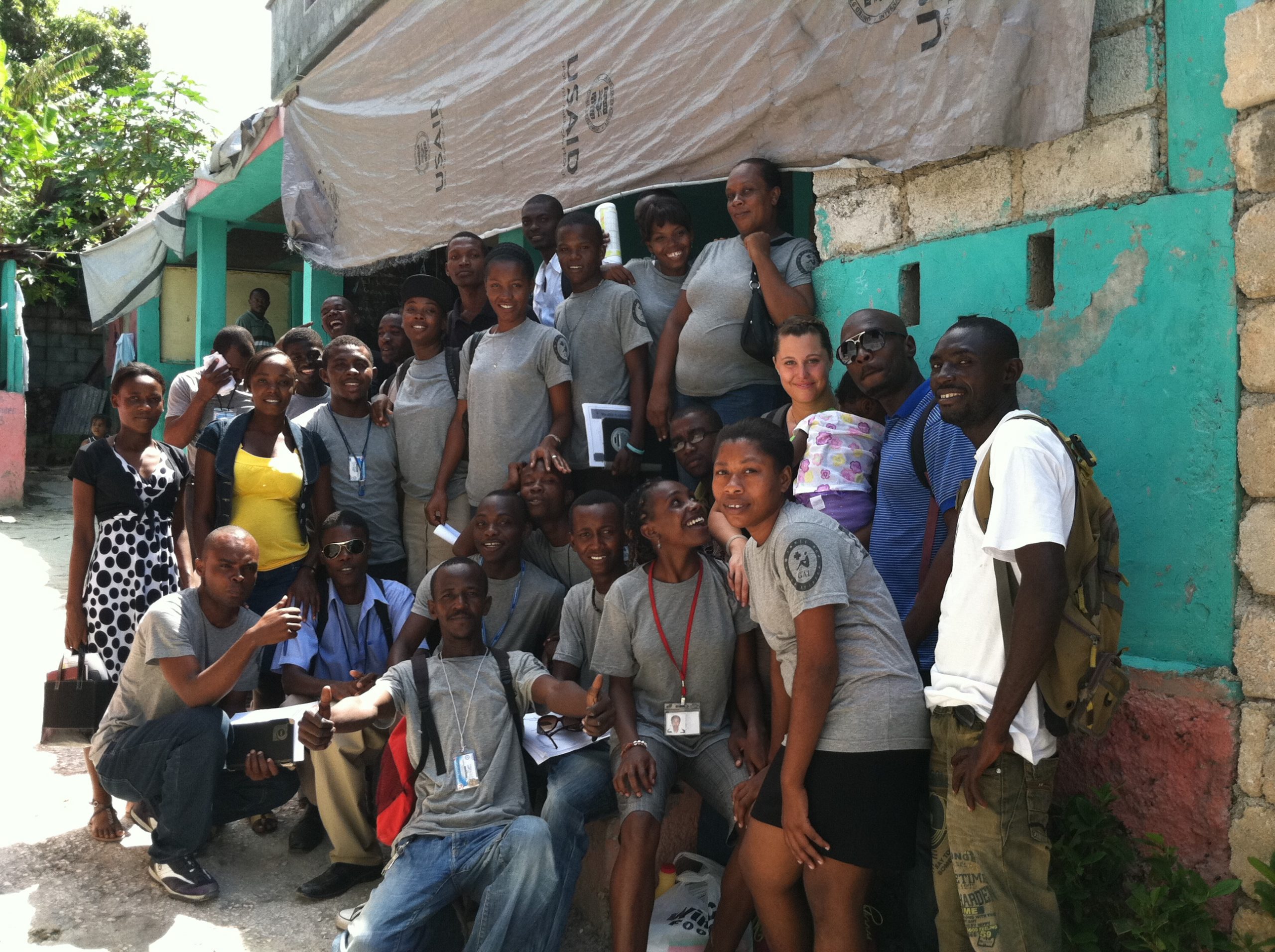Our Mission
The Health Support Team program is a mental health training curriculum derived and developed from the evidence base within disaster mental health research, clinical and counseling psychology, and Cognitive Behavioral Therapy. The aim is to provide education and evidence-based tools. Trained HST team members are then able to help communities coping with a crisis or disaster across the continuum of preparedness, acute response, and rebuilding.
History and Development of the Health Support Team
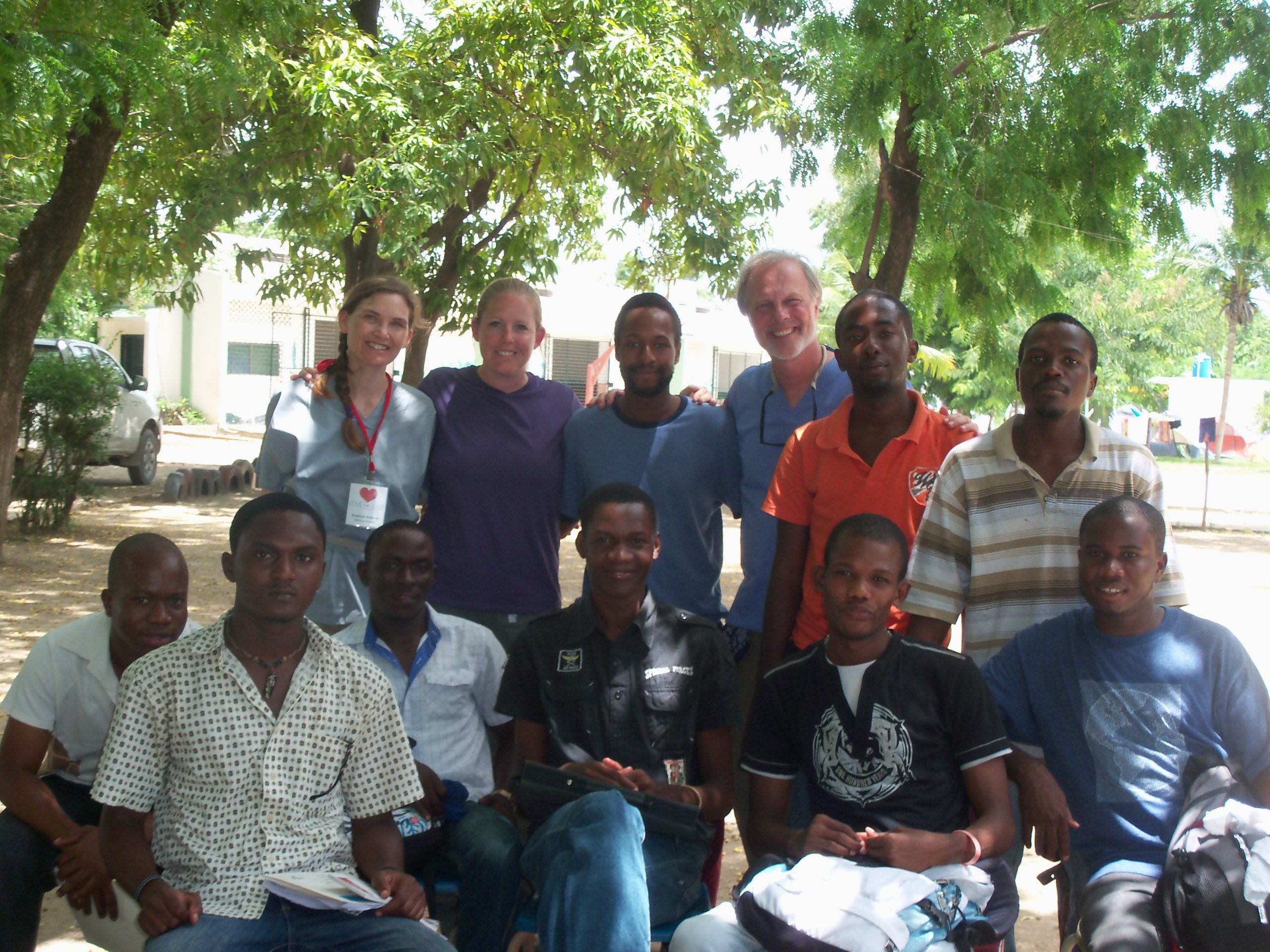
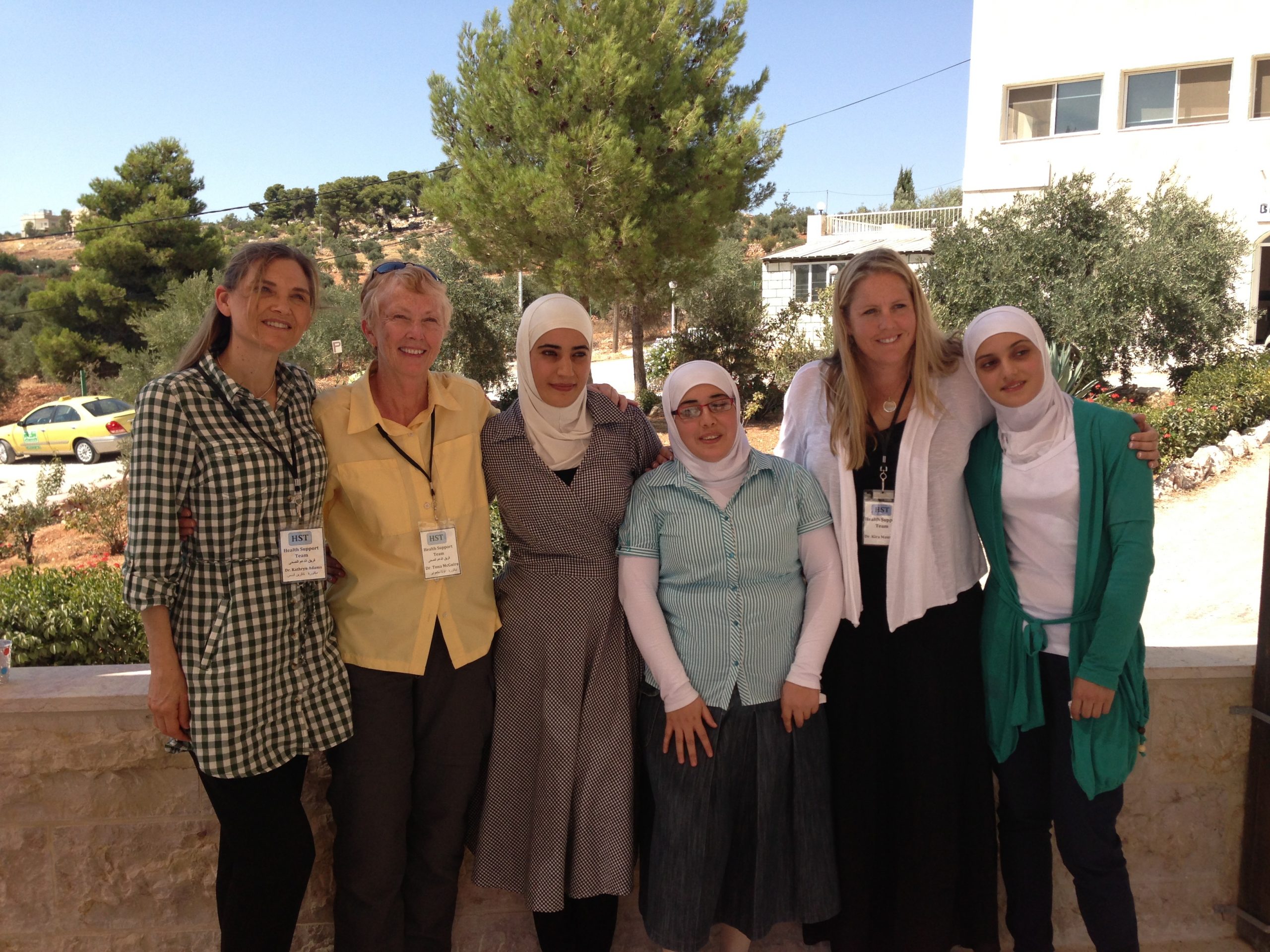
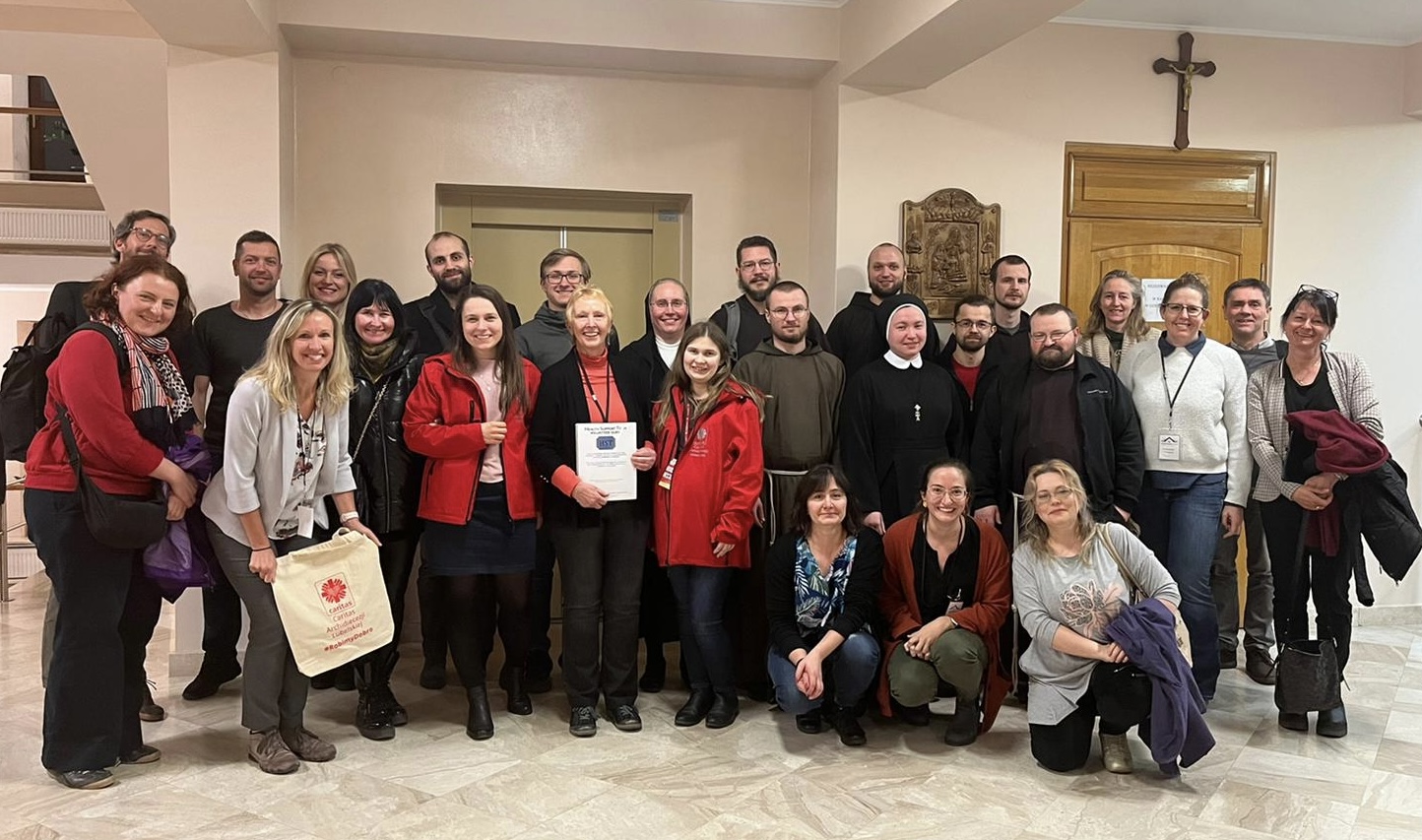
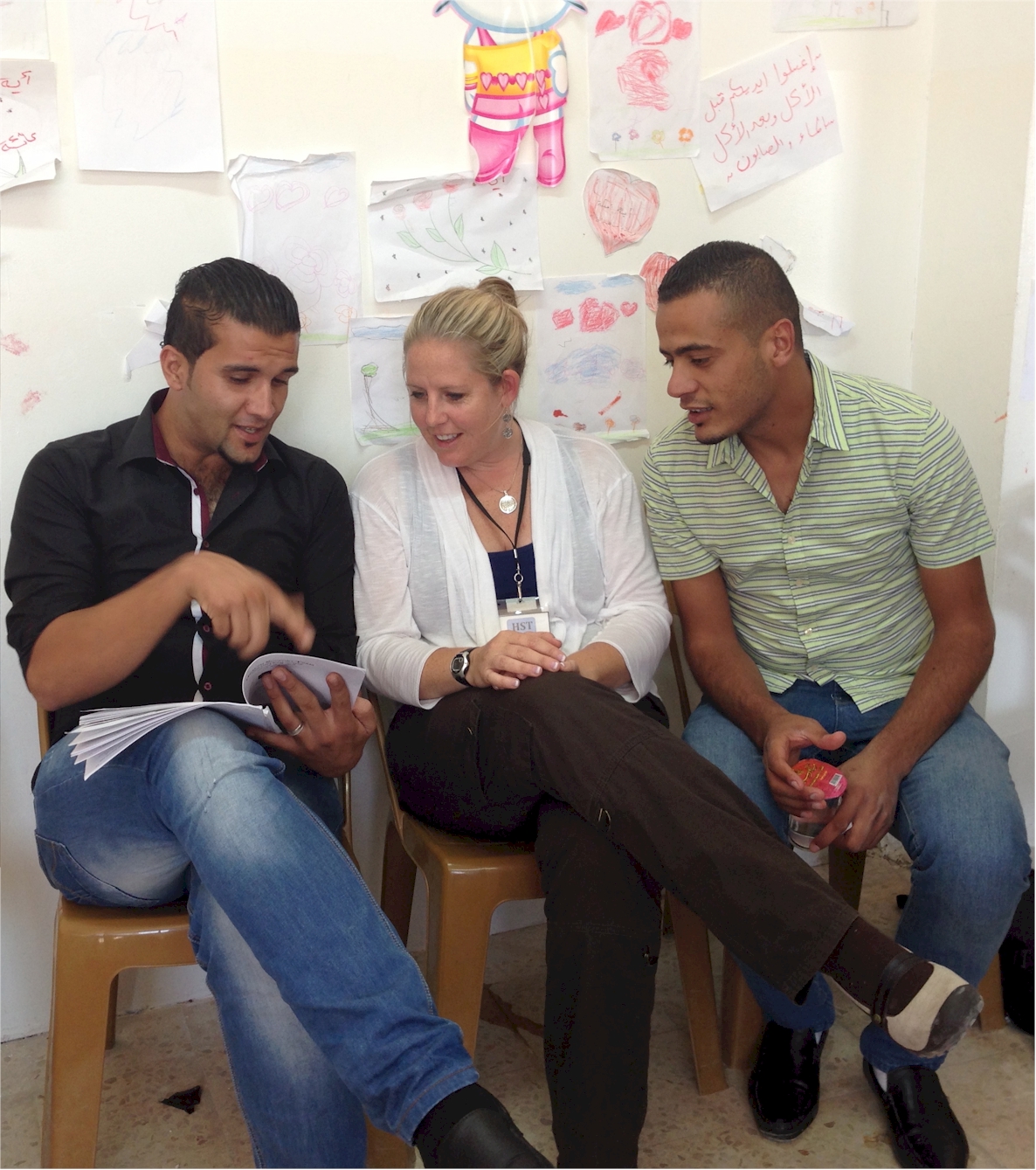
Why We Developed this Curriculum
- To empower trained trainees, to assist their colleagues, students, youth, families, and community members in recovery from trauma and the development of resiliency by: Providing psychosocial and educational information in the form of a disaster behavioral health training program / curriculum and guide; Connecting trained trainees with local resources where and when available.
- To create a sustainable work group of trainers and trainees who can support one another, as well as provide ongoing training to new and additional trainees in the community and surrounding areas.
- To provide the opportunity for the organic growth of a community based mental health support network that could operate independently from foreign aid and resource dependence internationally, and to provide additional community support when resources are in short supply following regional disasters in developed nations.
About Psychological First Aid (PFA)
& Health Support Team (HST)
Most disaster responders are familiar with Psychological First Aid and have received some training in this intervention. In our work we have found PFA to be very valuable in the very first days of disaster response, when the needs are focused on adjusting to the emotional shock, and on basic needs of food / water / security / connection. Following this, however, it has been our experience that additional interventions are helpful in assisting the community in managing the more chronic difficulties following a disaster event. For example, additional education on typical stress responses, learning to listen empathically, as well as specific simple tools to work with the cognitive and physical stresses have been reported to be especially helpful by our trainees.
The Differences
We developed the Health Support Team (HST) curriculum to be a community based and sustainable response to the disaster mental health needs that arise subsequent to the original event. While the Health Support Team (HST) curriculum has some similarities with PFA, it also has some distinct differences.
Local Volunteers
First, the HST curriculum is designed primarily to be used by local volunteers who are most tied to their families, friends and communities vs outside NGO or other helpers. However, we do offer specific modules to help staff, such as a clinic focused intervention to help healthcare providers work with the typical behavioral health needs arising after a disaster, and an education module for teachers who will be working with children impacted by the disruption in their lives.
Preparation & Reconstruction
Secondly, PFA is a crisis-oriented program while HST is designed to be used in pre-disaster preparation, as well as acute and reconstruction phases of disasters. The curriculum lends itself to use in prevention for areas prone to natural or man-made disasters and to long term use as well working in an ongoing way with friends and family in one’s community. We designed HST to function in pre- and longer term post-disaster situations, while integrating and utilizing PFA in the immediate response period.
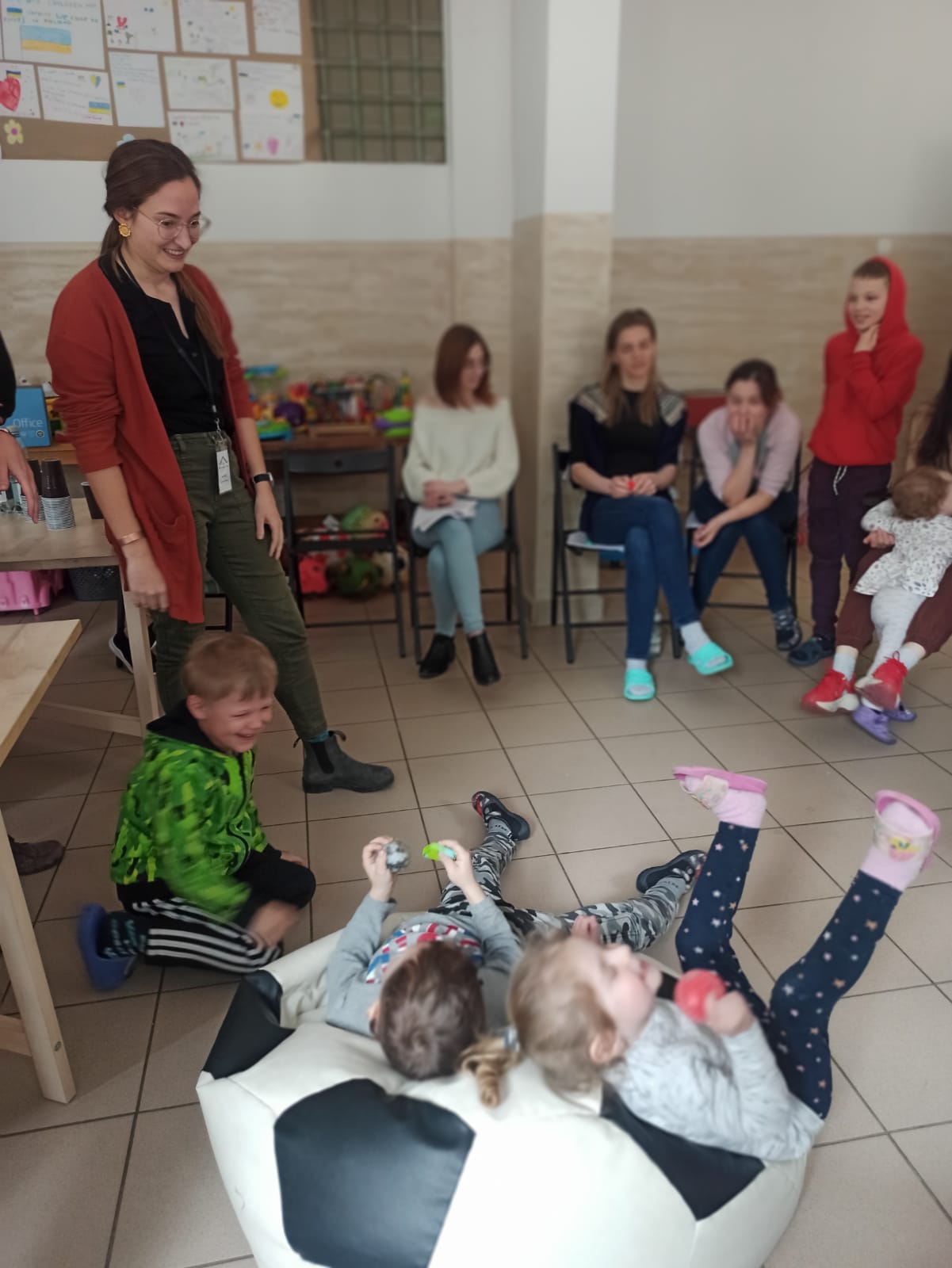
Our Team
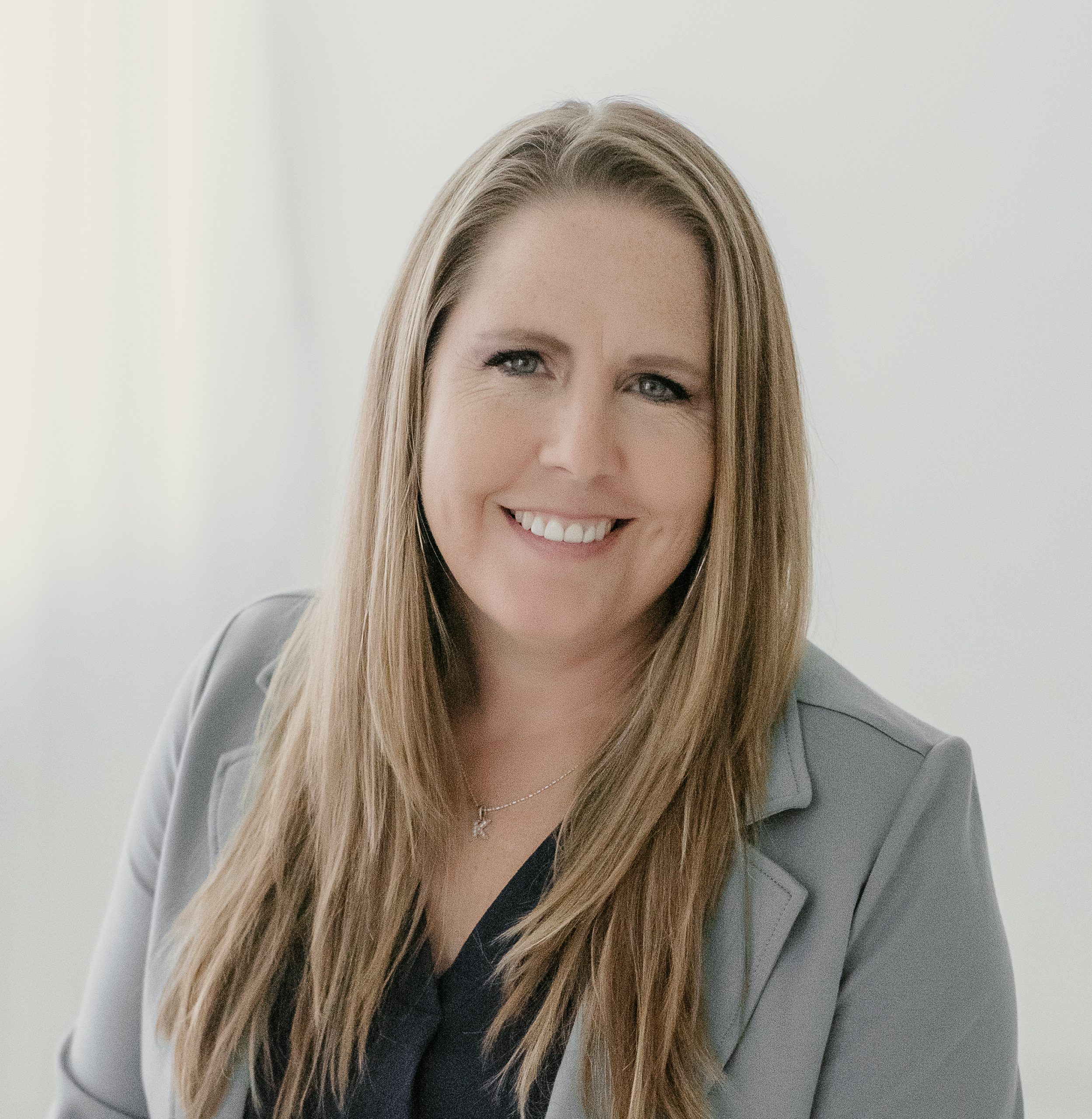
Dr. Kira Mauseth
Dr. Kira Mauseth is a practicing clinical psychologist who sees patients at Snohomish Psychology Associates in Everett and Edmonds, WA, teaches as an Associate Teaching Professor at Seattle University and serves as a co-lead for the Behavioral Health Strike Team for the WA State Department of Health. She owns Astrum Health, LLC, and consults with organizations and educational groups about disaster preparedness and resilience building within local communities, has also authored a textbook on “The Psychology of Change: Why Therapy Works”.
Dr. Mauseth has provided training to community groups and professionals both regionally and abroad as the co-developer of the Health Support Team program. Her work and research focus on disaster behavioral health, resilience, and recovery from trauma as well as small and large-scale critical incident response and preparation for organizations. She has worked abroad extensively with disaster survivors and refugees and has trained first responders and health care workers throughout Puget Sound the United States, and currently serves in the adult mental health clinical seat on Washington State’s Disaster Medical Advisory Committee (DMAC).
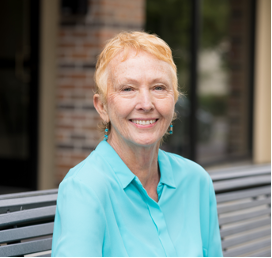
Dr. Tona L. McGuire
Dr. McGuire is a Clinical Psychologist working primarily with children and families. She was formerly the Associate Head of the Consultation and Liaison Division at Children’s Hospital and Regional Medical Center in Seattle Washington, and was Clinical Associate Professor in the Department of Psychiatry and Behavioral Sciences at the University of Washington, School of Medicine. She has been involved in disaster preparation and response for over 16 years both in her local community as well as internationally.
She is Pediatric Behavioral Health member of the Disaster Clinical Advisory Committee, which plans for the impact of disasters on the Western Washington regional healthcare system, as well as the State Disaster Medical Advisory Committee which advises the Secretary of Health. She is Co-Lead for the Behavioral Health Strike Team for WA State Dept of Health. She serves as Co-Lead for the Mental Health Workgroup for the Western Regional Alliance for Pediatric Emergency Management, an ASPR funded Pediatric Center of Excellence, and as Mental Health Subject Matter Expert on the Pediatric Pandemic Network, a national HRSA funded initiative comprised of 10 Pediatric Hospitals across the US.
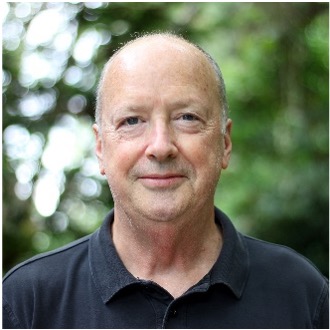
Doug Dicharry, M.D.
Doug Dicharry, M.D. is board-certified in child and adolescent psychiatry and general adult psychiatry. Having worked in a range of inpatient, outpatient, and administrative settings, his primary areas of clinical interest are ADHD, mood, and anxiety disorders in children, adolescents and young adults. Retired from private practice after nearly 30 years, his interest in disaster preparedness led him to become a physician volunteer with the Public Health Reserve Corps - Seattle & King County, to pursue CERT (Community Emergency Response Teams) training and to develop his skills in amateur radio emergency communications (K7CNS). A former Medina city councilmember and chair of the Emergency Preparedness Committee, Dr. Dicharry is currently a member of the Behavioral Health Strike Team for the Washington State Department of Health.
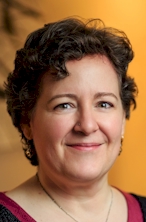
Dr. Lynette Lewis
Dr. Lynette Lewis is a licensed psychologist working in private practice in Bothell, Washington. She works with Adolescents, Adults, and couples. Her areas of interest include trauma, anxiety, depression, loss and grief, addiction, and improving relationships with self and others. Her approach integrates a variety of theories including ACT (Acceptance and Commitment Therapy) and Interpersonal Neurobiology. She has lived and worked in different parts of the world and she is interested in identity, particularly cultural identity and the challenges that can come from living in and feeling part of multiple cultural contexts.
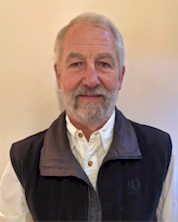
Dr. Wren Hudgins
Dr. Wren Hudgins started professional work as a school psychologist (4 years) and then conducted a private practice for 20 years, primarily focused on children and adolescents. Following retirement from the private practice he went back to work for the Washington State Parks and Recreation Commission, managing their Critical Incident Response Program. That work involved setting up and managing a program to take care of traumatized park staff following a death or other traumatic incident in the statewide park system. Following 8 years there, he retired again. On the volunteer side he was active in the Washington State Psychological Association for many years, finally serving as president in 1990. Dr Hudgins has worked in the Red Cross system as a disaster mental health responder for 19 years and is now a supervisor in the that system. Along with others, he teaches the disaster mental health classes inside the Red Cross. Since the outbreak of COVID 19, he has been teaching free classes to agencies, communities, and government departments on psychological first aid and resiliency building. He also volunteers for King County Public Health, the Medical Reserve Corps of Issaquah and the Medical Reserve Corps of Vashon Island.
G. Andrew H. Benjamin, JD, PhD, ABPP
His most significant qualification is loving the ardent feminist, the mother of their two children, for more than 53 years. Their two kids are mental health professionals who live near them in Seattle. And, although no grandchildren exist, he is ever hopeful. When their kids travel, they are the providers of choice for their animals.
A Clinical Professor of Psychology and Affiliate Professor of Law at the University of Washington, he has published 76 articles in Psychology, Law, and Psychiatry journals, six books published by APA and one book from Sage. He has received multiple awards for his work as a lawyer or psychologist from the Puyallup Indian Nation, the Washington State Bar Association, the Washington State Psychological Association, and the American Psychological Association (APA). Among the most important awards was APA conferring the Karl F. Heiser Award in recognition of his record of public service and advocacy in numerous areas of professional activity.
He serves in clinical and teaching roles through videoconference for the FEMASID mental health, Red Cross, and Give an Hour. Throughout the 40 years of his practice he has treated active duty service people, veterans, and their families.

Robin Smith, MA, LMHCA
Robin volunteers as a behavioral health disaster responder for the WA Department of Health and for a global response team. Through this work, Robin provides evidence-based trauma treatment to adolescents as well as training for teachers, therapists, and laypeople to address the psychological effects of disasters. She has trained groups from Poland, Ukraine, Moldova, Republic of Georgia, Armenia, Kazakhstan, Kyrgyzstan, Uzbekistan, Turkmenistan, Tajikistan, and Mongolia.
When not volunteering, Robin Smith works at a group practice as a mental health therapist for children, adolescents, and families. She completed her MA in Applied Child and Adolescent Psychology from the University of Washington in 2021. Robin speaks Russian and Spanish.
Publications
Additional non-published data on program efficacy are available on request.
Carlisle, J., Mauseth, K., Clark, N., Cruz, J., & Thoburn, J. (2014) Local Volunteerism and Resilience Following Large-Scale Disaster: Outcomes for Health Support Team Volunteers in Haiti. International Journal of Disaster Risk Science, 5(3), 206-213.
Mauseth, K., McGuire, T., Thoburn, J., & Adams, K., (2013). The Development of the Health Support Team Curriculum to Aid Survivors in Post-Earthquake Haiti” International Psychology Bulletin, 17(10), 60-61.
Mauseth, K., McGuire, T., Thoburn, J., Adams, K. J., Kaffer, R., & Garay, M. (under review– submitted to International Journal of Disaster Risk Science) Health Support Team: Development of a Sustainable, Disaster Recovery Volunteer Training Program


